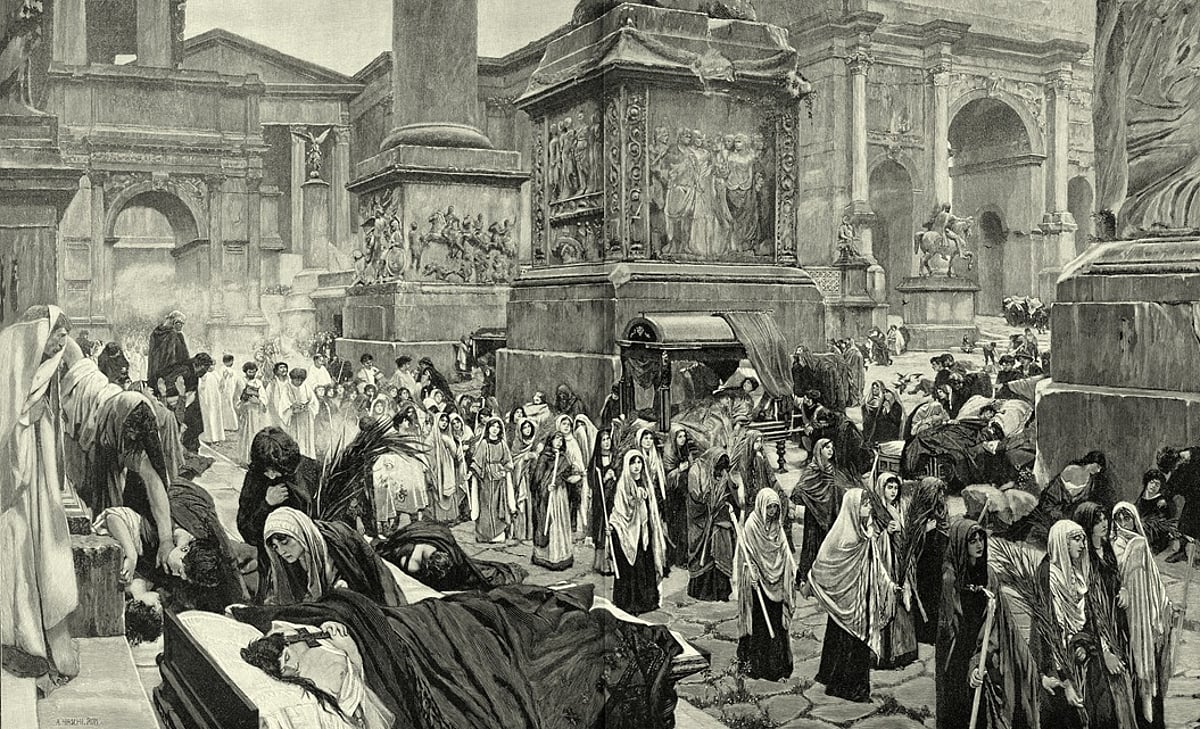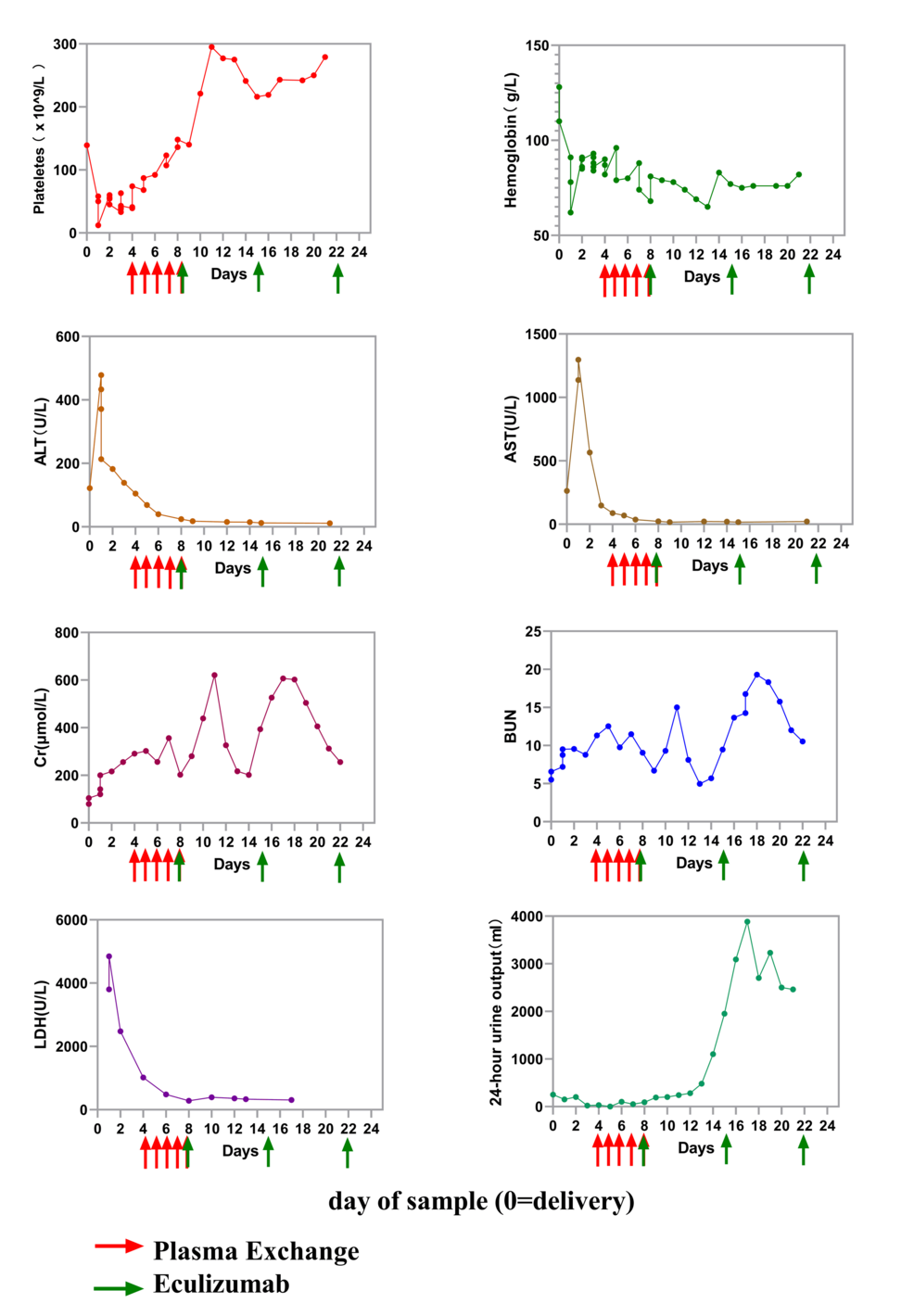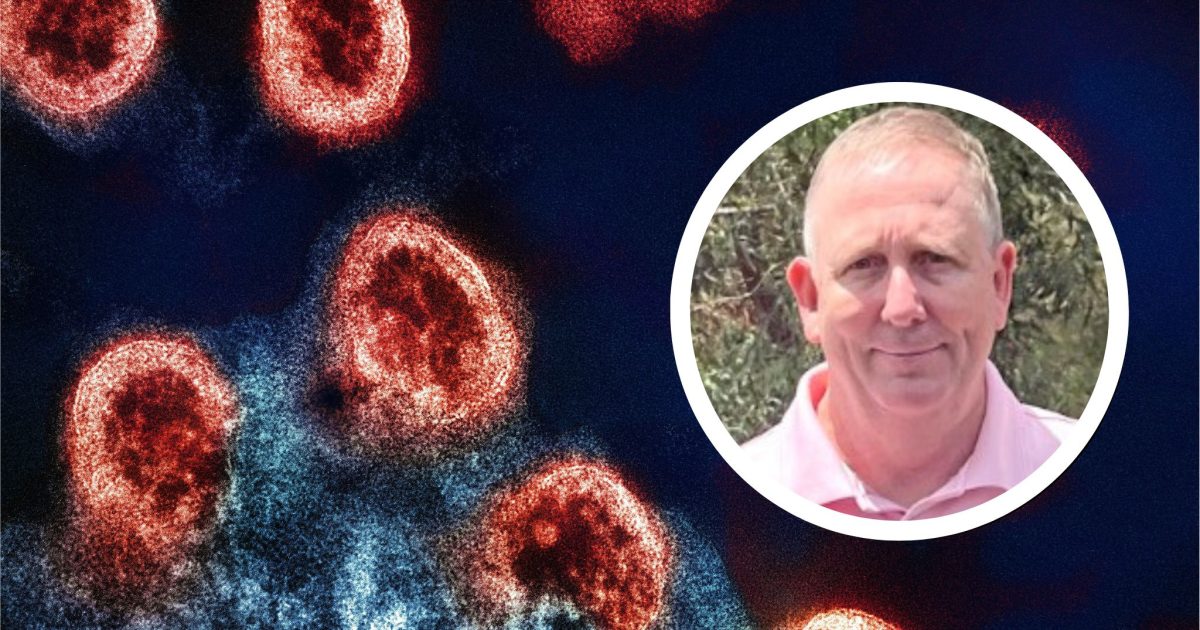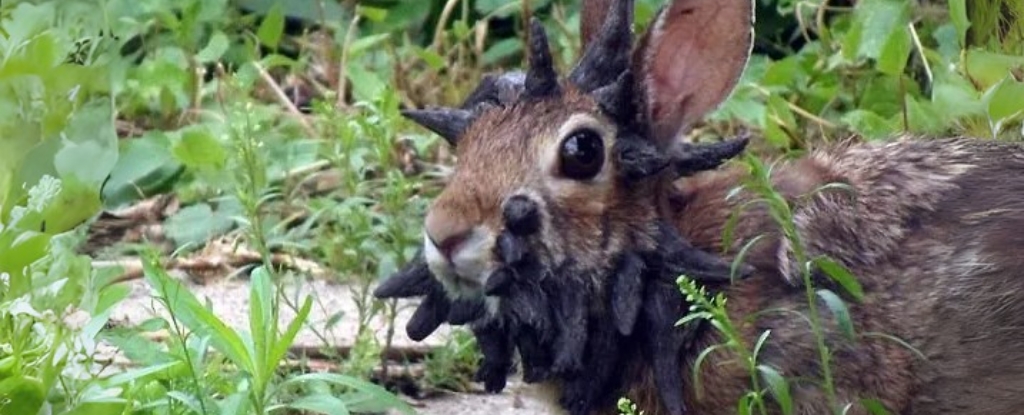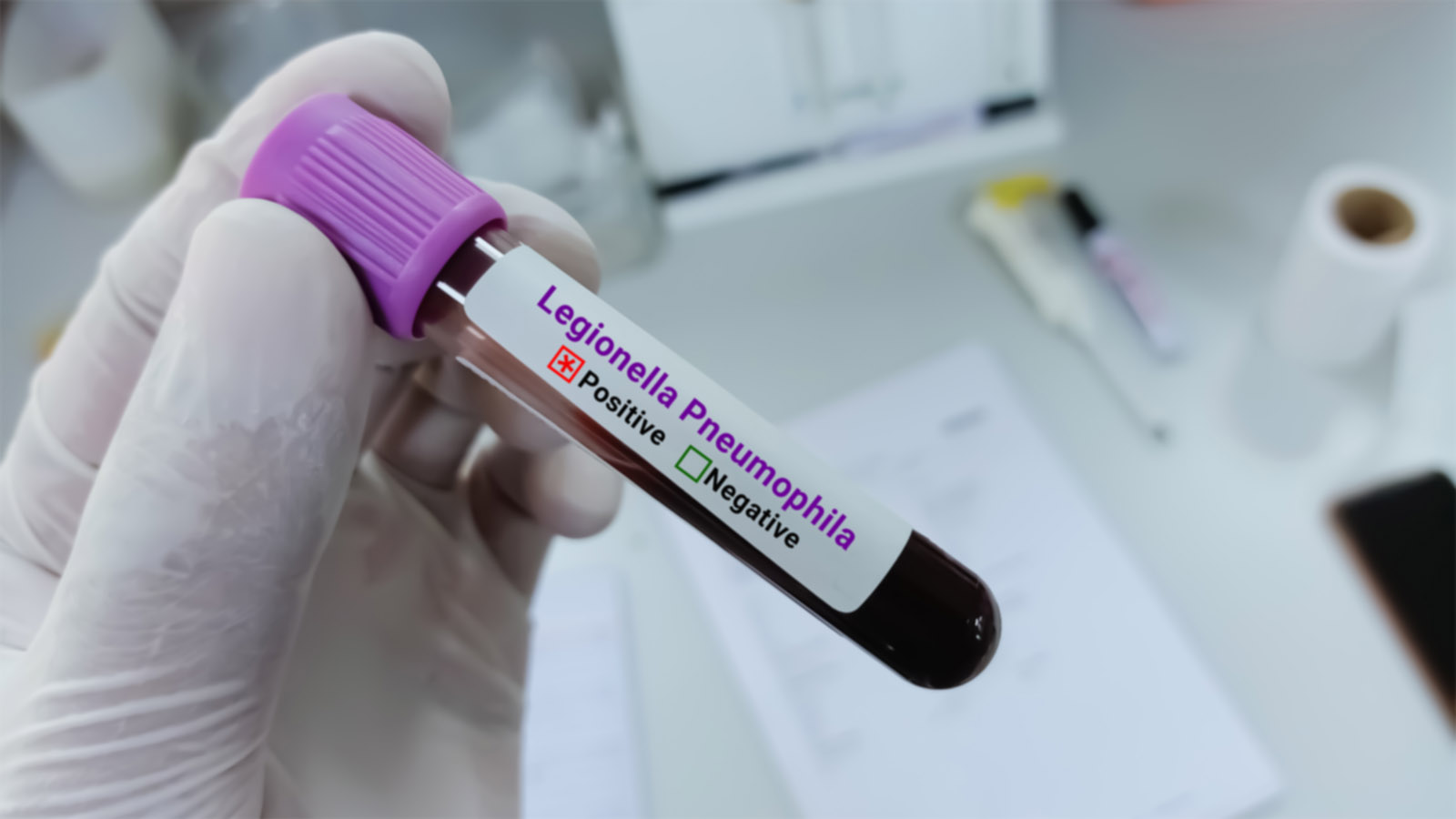Polio Outbreak Confirmed in Papua New Guinea, Urgent Vaccination Campaign Launched
The World Health Organization (WHO) has announced a concerning outbreak of polio in Papua New Guinea (PNG), marking the first instance of the disease in the country since 2018. The outbreak was confirmed following the diagnosis of two children who tested positive for the poliovirus. Health officials are now prioritizing vaccination efforts to protect vulnerable populations, particularly children under the age of five.
Earlier this year, in March, the WHO detected the presence of poliovirus type 2 in wastewater samples from major urban centers like Lae and Port Moresby. This alarming discovery led to an extensive surveillance campaign aimed at monitoring the spread of the virus. While PNG had successfully eradicated a small outbreak of polio in 2018, the recent findings have raised serious concerns about the potential for a resurgence, especially with evidence suggesting that the newly identified strain is genetically linked to variants circulating in Indonesia.
Dr. Sevil Huseynova, the WHO representative in PNG, emphasized the gravity of the situation, stating, “Polio anywhere is a threat everywhere, especially to our children.” She explained that the genetic link between the virus found in PNG and strains in Indonesia poses a significant risk, not just to PNG but also to neighboring countries. This is particularly troubling given PNG's low immunization rates and subpar surveillance systems, which make the population more susceptible to the rapid spread of such infectious diseases.
Polio is a highly contagious viral infection that predominantly affects young children. The virus is transmitted through fecal matter and saliva, often spreading through contaminated hands, food, or water. While many infected individuals may not exhibit any symptoms, some develop flu-like illnesses, and in severe cases, the virus can invade the nervous system, resulting in irreversible paralysis for about one in every 200 infected individuals.
In response to this urgent health crisis, the PNG Department of Health, in collaboration with the WHO and UNICEF, has initiated a robust immunization campaign aimed at controlling the outbreak. This campaign is especially focused on vaccinating children under five years of age in the affected areas, alongside enhanced monitoring and surveillance efforts. The aim is to quickly curb the transmission of the virus and safeguard the health of the community.
As the situation unfolds, health officials are investigating how a disease that had been absent from the Asia-Pacific region for nearly two decades has resurfaced. Dr. Huseynova pointed out that in communities with low vaccination coverage, polio can spread swiftly from individual to individual, posing an increasing risk as the outbreak progresses.
With the support of international health organizations and local authorities, PNG is racing against time to prevent a larger outbreak and protect its population from this preventable but dangerous disease. The situation remains fluid, and continued vigilance and response efforts will be crucial in the coming weeks.











